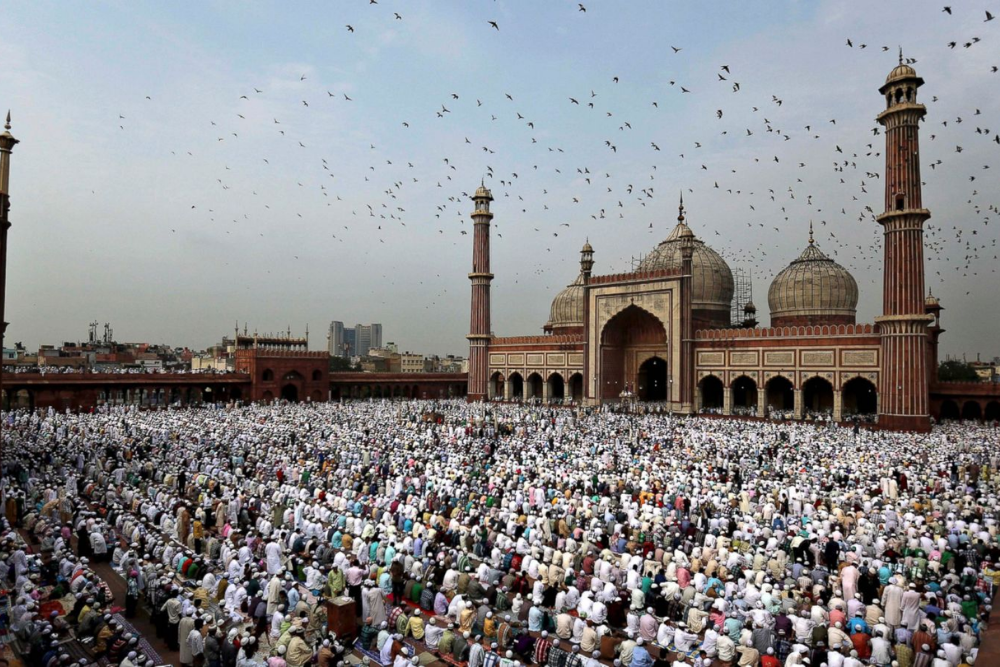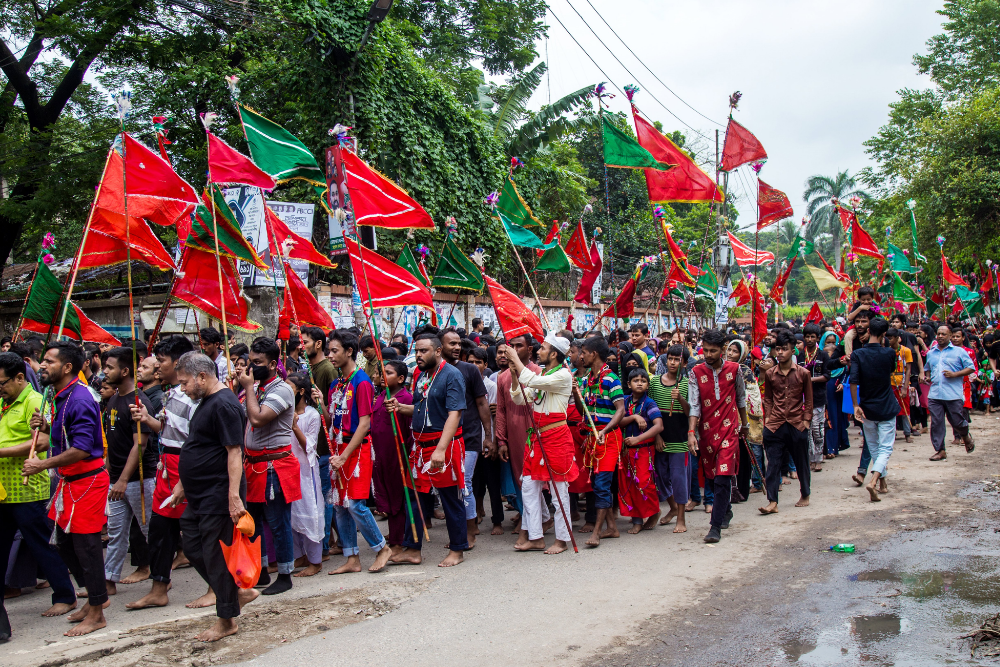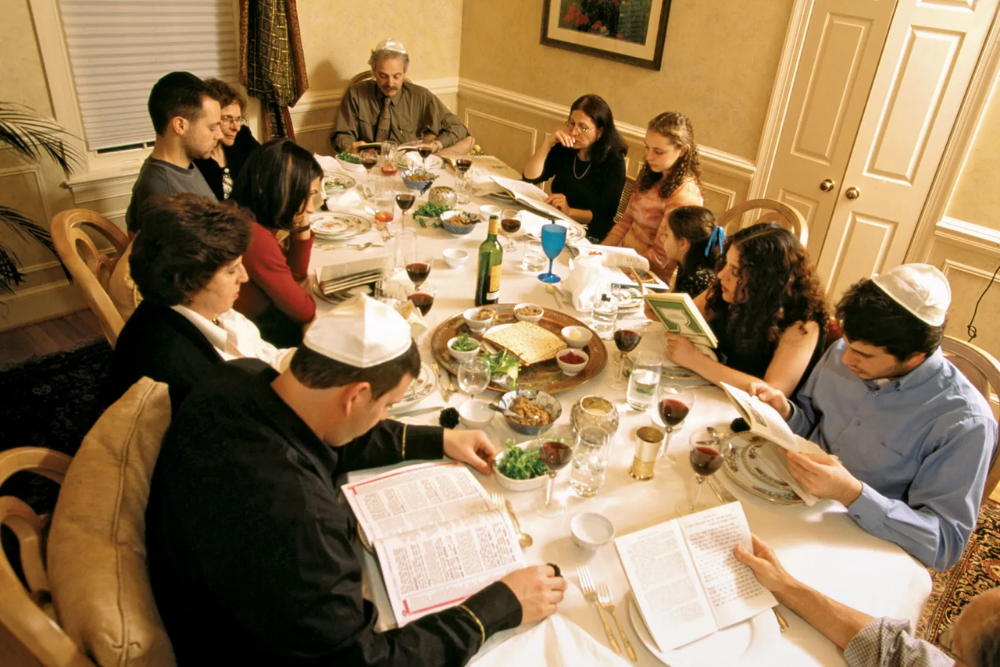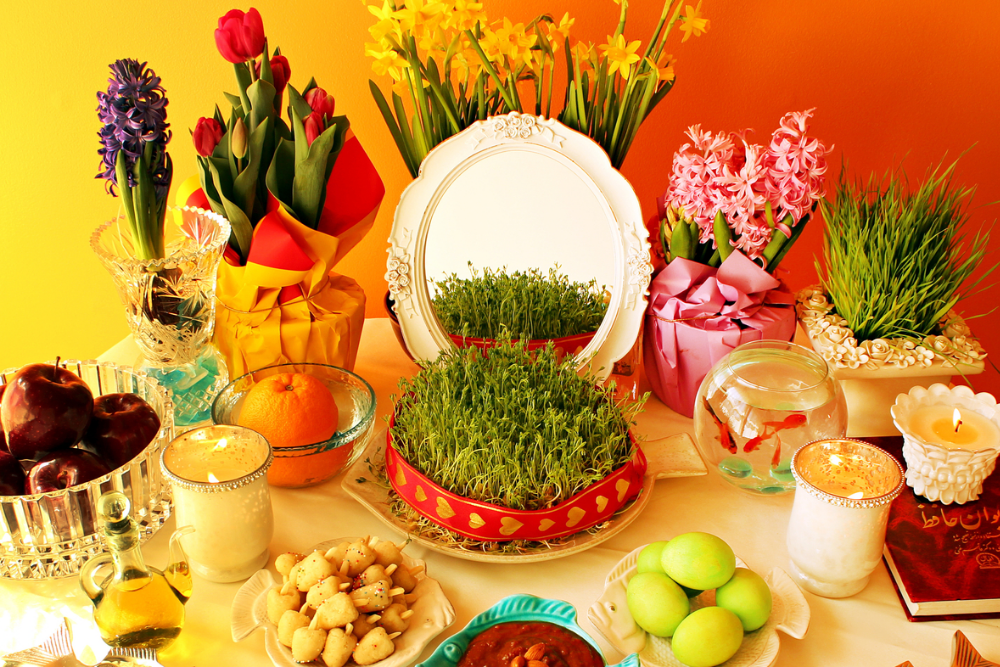Azerbaijan, a country known for its cultural diversity and religious tolerance, celebrates a variety of religious festivals with great enthusiasm. As a secular nation with a Muslim-majority population, Azerbaijan respects and acknowledges the religious traditions of different communities, making it a fascinating place to witness both Islamic and non-Islamic celebrations. Here’s a look at some of the most significant religious festivals in Azerbaijan and how they are observed.
Islamic Festivals
1. Ramadan and Eid al-Fitr
Ramadan, the holy month of fasting, prayer, and reflection, is observed by many Azerbaijani Muslims. During this period, families gather for Iftar meals, mosques hold special prayers, and acts of charity are encouraged. The end of Ramadan is marked by Eid al-Fitr (Ramazan Bayramı), a joyous celebration where families visit each other, exchange gifts, and share festive meals. The government often declares public holidays to allow people to celebrate with their loved ones.
2. Eid al-Adha (Qurban Bayramı)
Eid al-Adha, or the Feast of Sacrifice, is another important Islamic festival in Azerbaijan. It commemorates the willingness of Prophet Ibrahim to sacrifice his son in obedience to God. Families traditionally sacrifice livestock, such as sheep or cows, and distribute the meat among relatives, neighbors, and those in need. Mosques conduct special prayers, and people gather for communal meals and celebrations.
3. Ashura
Ashura holds special significance for Azerbaijan’s Shia Muslim population, commemorating the martyrdom of Imam Hussein, the grandson of Prophet Muhammad, at the Battle of Karbala. In cities like Baku and Nakhchivan, processions are held, and special sermons are delivered in mosques. Many people participate in acts of charity, such as blood donation drives and distributing food to the less fortunate.
Christian Festivals
1. Christmas (December 25 & January 7)
Azerbaijan’s Christian communities, primarily Orthodox and Catholic, celebrate Christmas according to their respective traditions. While Roman Catholics observe Christmas on December 25, Orthodox Christians celebrate it on January 7. Church services are held in Baku’s Orthodox and Catholic churches, and families come together for festive meals and religious ceremonies.
2. Easter
Easter is another important Christian festival observed in Azerbaijan. Churches conduct special services, including the blessing of Easter eggs, prayers, and community feasts. Many people also partake in Easter traditions such as decorating eggs and baking traditional pastries.
Jewish Festivals
1. Passover (Pesach)
Azerbaijan has a historic Jewish community, particularly in the Red Village (Qırmızı Qəsəbə) in Quba, one of the world’s only all-Jewish settlements outside Israel. During Passover, Jewish families gather for the Seder meal, reading from the Haggadah and eating symbolic foods such as matzah and bitter herbs. Synagogues in Baku and Quba hold special prayers and events.
2. Hanukkah
Hanukkah, the Festival of Lights, is celebrated with menorah lightings, festive meals, and cultural gatherings. In Baku, the Jewish community often hosts public menorah-lighting ceremonies, bringing together people from different faiths to share in the festivities.
Zoroastrian and Pagan Traditions
Nowruz (Novruz Bayramı)
While not strictly a religious festival, Nowruz, the Persian New Year, has deep Zoroastrian roots and is one of Azerbaijan’s most widely celebrated holidays. Observed on March 20-21, it marks the arrival of spring and is a time for renewal, family gatherings, and feasting. Traditional activities include jumping over bonfires, preparing symbolic foods such as plov and shekerbura, and visiting elders and neighbors.
Conclusion
Azerbaijan’s religious diversity is reflected in its celebrations, where different faiths coexist harmoniously. Whether it is Islamic, Christian, Jewish, or Zoroastrian festivals, Azerbaijan embraces its multicultural heritage, making religious celebrations an integral part of its social and cultural fabric. These festivities not only provide an opportunity for religious expression but also foster unity and mutual respect among the country’s diverse communities.












